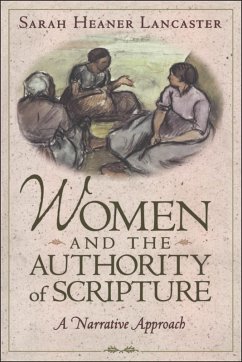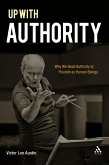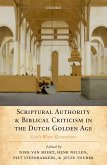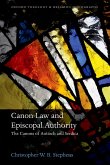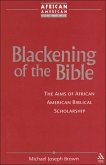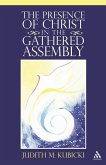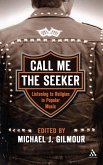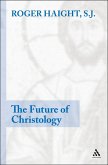The theological impact of accepting the absolute authority of biblical scripture is enormous-especially for women who attend and serve churches. But until now, few books have been willing to address this issue head on.
Sarah Lancaster looks at the way women in the church have dealt with the question of scriptural authority and how they can address it in the future. Some women, she says, accept the authority of the Bible without question and stay in church without change of attitude or action. Others deny that the Bible has any authority, completely leaving Christianity in the belief that the Bible and Christian tradition are irredeemably patriarchal. Still others recognize that while scripture is largely patriarchal, it is authoritative for their life of faith.
The Bible possesses a narrative coherence, its story resonating in our own lives. For women, the Bible can continue to "ring true" to their experience, letting them acknowledge scripture's authority in spite of its problems. The Bible is not about patriarchy; it is about how God is present to us and interacts with us in order to bring us to fullness of life.
Lancaster says that women can criticize those things in scripture that help maintain a patriarchal world without invalidating scripture's authority. Scripture, she argues, informs, forms, and transforms. With its combination of narrative and feminist theology, Women and the Authority of Scripture brings a powerful new perspective to the doctrine of biblical authority in the contemporary world.
Sarah Heaner Lancaster is Associate Professor of Theology, Methodist Theological School in Delaware, Ohio. She is an ordained elder in the North Texas Conference of the United Methodist Church. She lives in Westerville, Ohio.
Sarah Lancaster looks at the way women in the church have dealt with the question of scriptural authority and how they can address it in the future. Some women, she says, accept the authority of the Bible without question and stay in church without change of attitude or action. Others deny that the Bible has any authority, completely leaving Christianity in the belief that the Bible and Christian tradition are irredeemably patriarchal. Still others recognize that while scripture is largely patriarchal, it is authoritative for their life of faith.
The Bible possesses a narrative coherence, its story resonating in our own lives. For women, the Bible can continue to "ring true" to their experience, letting them acknowledge scripture's authority in spite of its problems. The Bible is not about patriarchy; it is about how God is present to us and interacts with us in order to bring us to fullness of life.
Lancaster says that women can criticize those things in scripture that help maintain a patriarchal world without invalidating scripture's authority. Scripture, she argues, informs, forms, and transforms. With its combination of narrative and feminist theology, Women and the Authority of Scripture brings a powerful new perspective to the doctrine of biblical authority in the contemporary world.
Sarah Heaner Lancaster is Associate Professor of Theology, Methodist Theological School in Delaware, Ohio. She is an ordained elder in the North Texas Conference of the United Methodist Church. She lives in Westerville, Ohio.

